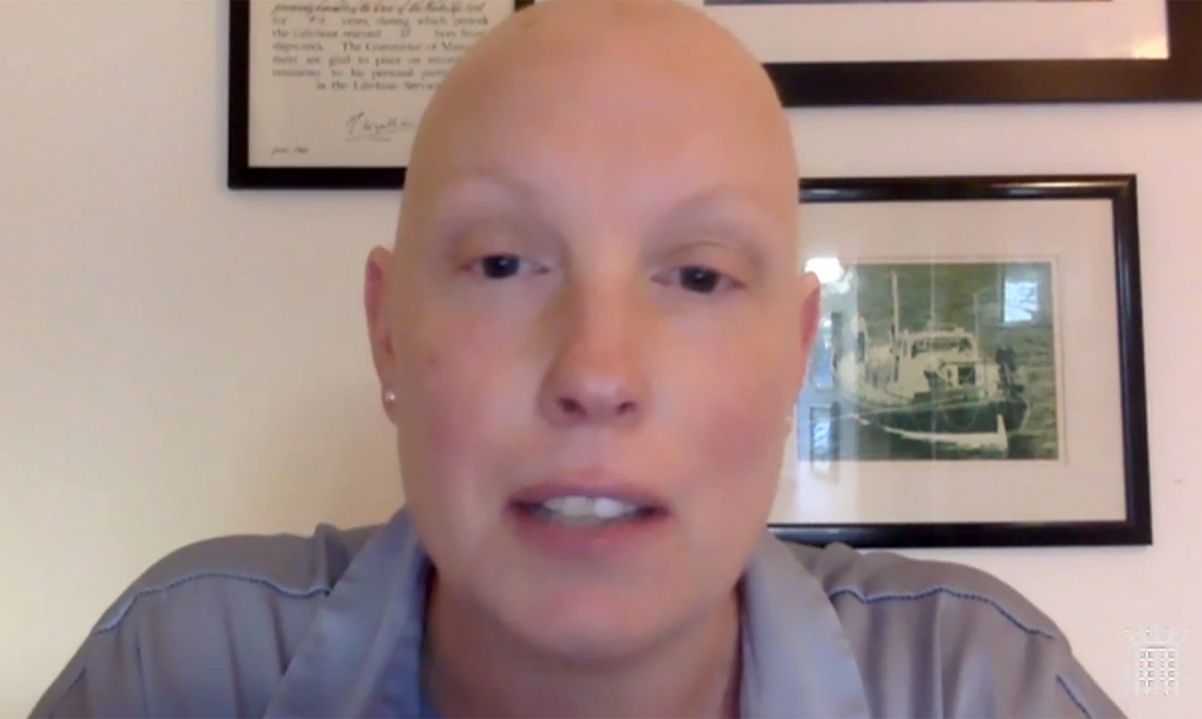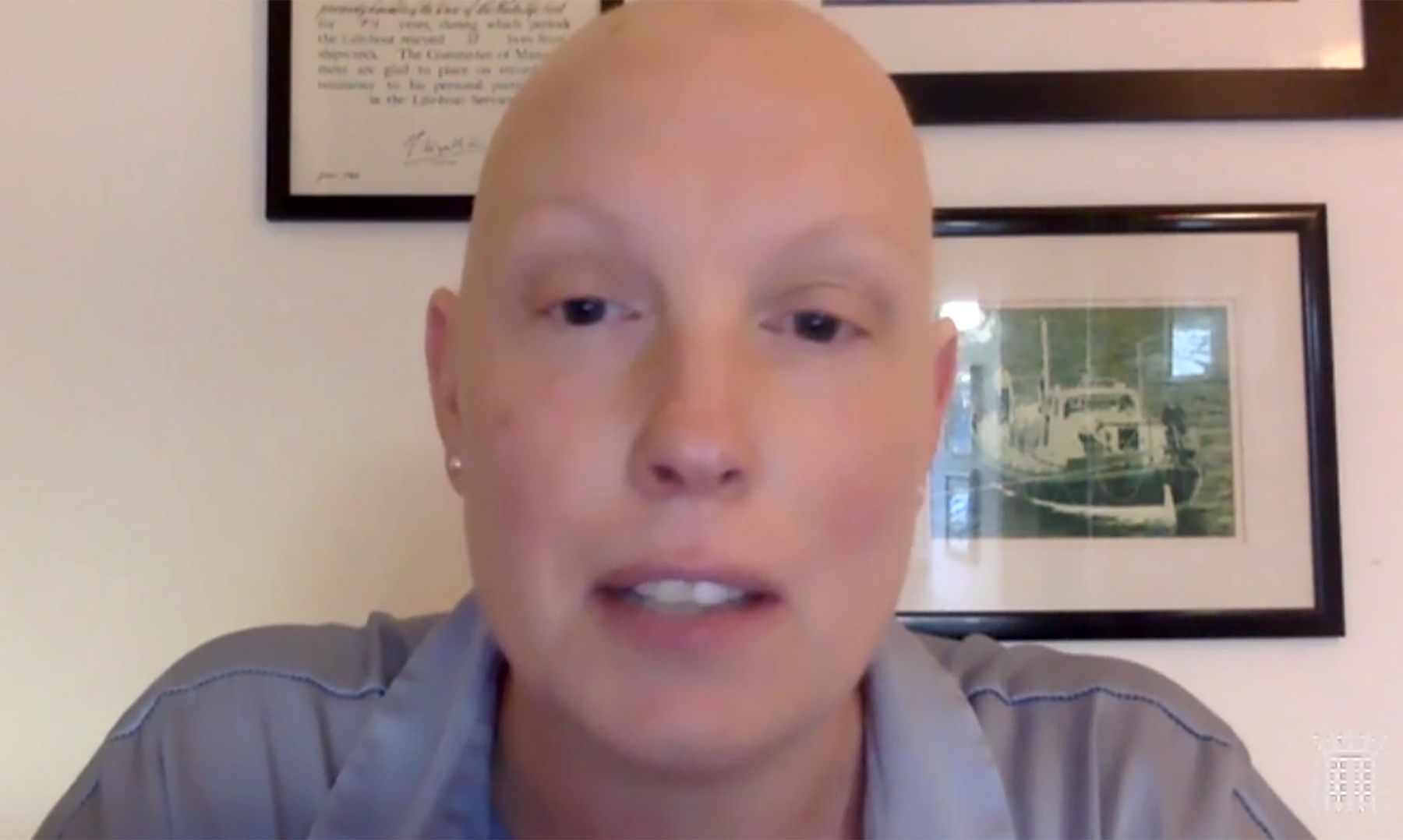Why is the government refusing to allow clinically vulnerable MPs to take part in debates on legislation? This row has been rumbling on for months, with no apparent enthusiasm from ministers to change the current situation. Today, senior MPs have told Coffee House they believe the government’s actions would be in breach of the Equality Act were this taking place outside parliament.
Currently MPs who are shielding at home can ask questions and vote remotely, but they cannot give speeches or intervene in debates on legislation, as well as backbench business and Westminster Hall debates. This morning Conservative MP Tracey Crouch, who is currently undergoing treatment for breast cancer, asked Leader of the House Jacob Rees-Mogg whether he would reconsider the current arrangements for virtual participation, as she was today unable to take part in a Westminster Hall debate on the very disease she is suffering from. His reply, after wishing her well personally, was that while members who are shielding can ‘participate in many aspects of the House’s business’, it wasn’t possible for them to join in with everything. He said:
‘With debates, we need to have the proper holding to account of ministers, which is the purpose of the debates, and to have the interventions that make a debate, rather than a series of statements. It is a question of striking a careful balance, in these difficult times, between ensuring that parliament can serve its constituents in full and making sure that members can complete their duties as safely and as effectively as possible.’
Crouch tells me she finds it ‘frustrating that there is a large part of what we need to do in parliament that we are not able to do’, and points to other colleagues across the House, including Conservative Cheryl Gillan and the SNP’s Philippa Whitford, who have similarly complained that they cannot take part in the full business of the Commons despite wanting to do so.
The exchange has infuriated senior MPs on influential parliamentary committees, who are now seeking to use whatever parliamentary mechanisms they can to change the situation and allow MPs to participate in debates remotely. Labour’s Harriet Harman is the chair of the Joint Committee on Human Rights and tells Coffee House:
‘In the outside world, that is in breach of the Equality Act, if any employer behaved like that with its employees. You have to be able to justify the different treatment. This is not good for the operation of parliament. It is really arbitrary.’
Harman is working with former Tory minister Caroline Nokes, who is chair of the Women and Equalities Committee. Nokes is infuriated by the attitude her party colleague is taking towards shielding MPs. She says:
‘I think Rees-Mogg has been rude and dismissive of people who have disabilities and other protected characteristics. There are a number of MPs who fall into this category and who haven’t been able to contribute in debates. To my mind, it doesn’t just look discriminatory, it is discriminatory and we are looking at whatever mechanisms we can deploy to bring this to a satisfactory conclusion.’
The Liaison Committee has also written to Rees-Mogg complaining about the current situation, and his reply can be read here. It argues that ‘when I rule out a full roll out of hybrid proceedings, I do so because it would almost certainly mean ending some elements of our business entirely’, and adds that ‘the cut and thrust of debate and ability for members to test ministers, is also missing from debates under the hybrid proceedings’.
But Rees-Mogg is sticking to the idea that the old way of conducting business is still better than having debates where all MPs are able to participate and bring their own experience and represent the views of their constituents during the pandemic. Given that nothing about the way anyone is having to adapt their lives and working patterns is ideal, this seems an odd hill to die on – and one the Leader of the House is likely to find he has to continue fighting MPs over, at a political cost which is surely difficult to justify.








Comments